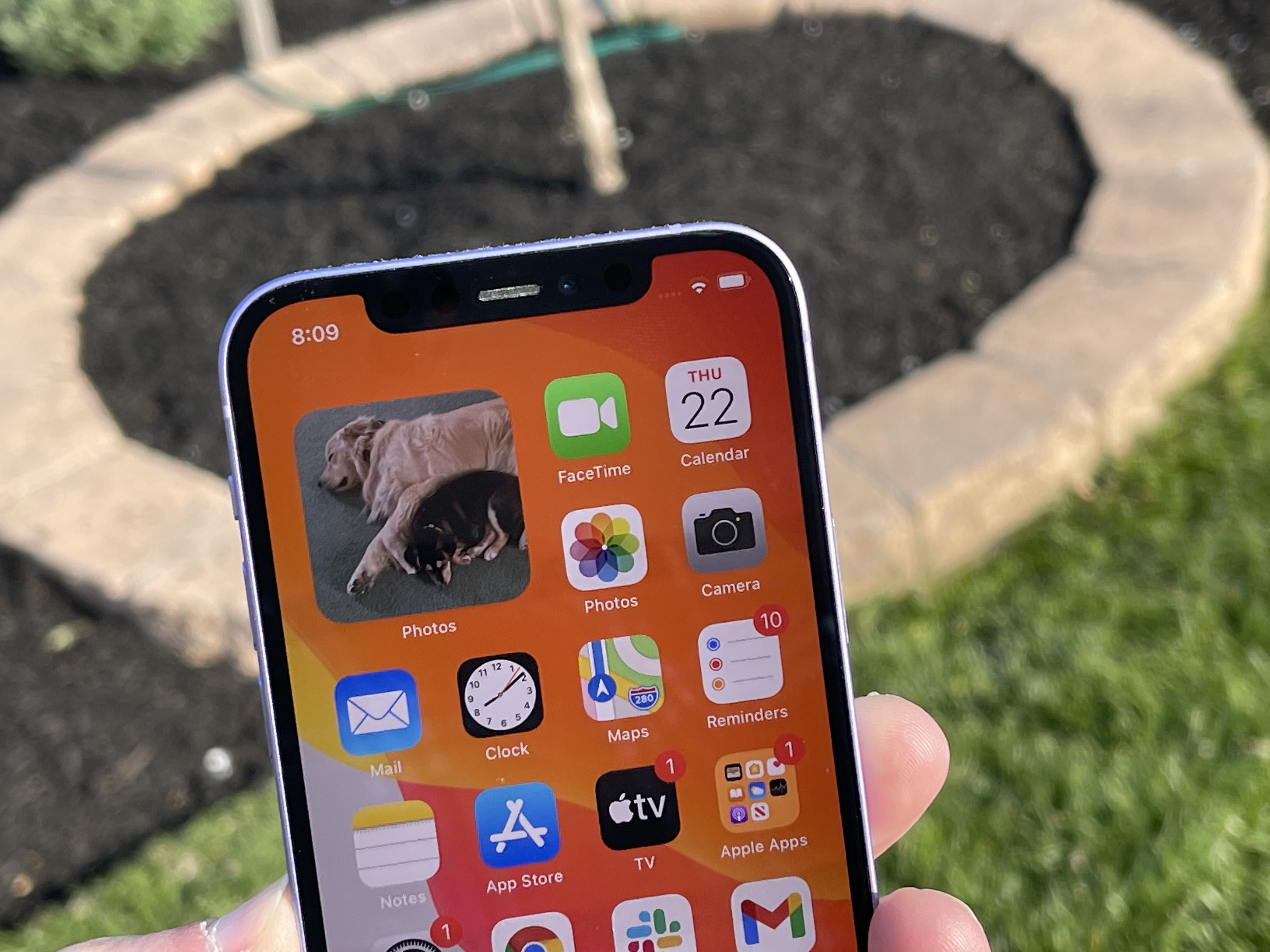Siri, where are you? Congress could force Apple to drop built-in iPhone apps
The antitrust bill could bring sweeping changes to Google and Amazon as well as Apple, if passed

If proposed antitrust reform legislation passes in the United States, then Apple might be forced to sell iPhones and other devices without its own built-in apps installed. That’s according to Representative David Cicilline (D-R.I.), who is among the lawmakers pushing for reforms amongst tech giants.
Both Democrats and Republicans alike in the U.S. House of Representatives proposed antitrust laws last week. In this case, the proposed law would further restrict the ability for tech companies to give themselves any advantages over third-party companies — such as having their own software pre-installed on their devices, rather than similar software made by other companies. Cicilline specifically called out Apple as an example.
- iPhone 12 review
- These are the best iPhone apps you can download right now
- Plus: Samsung Galaxy S20 FE vs. iPhone 12: Has Apple’s phone met its match?
“It would be equally easy to download the other five apps as the Apple one so they’re not using their market dominance to favor their own products and services,” Cicilline told reporters Wednesday, per Bloomberg.
Cicilline also mentioned Amazon’s Prime membership service as an example of a technology firm giving itself benefits at the expense of competing firms. According to Bloomberg, Cicilline believes that Prime “disadvantages” third-party companies that sell through Amazon, but are not covered by Prime member benefits (such as free, expedited shipping).
The proposed legislation provides multiple benchmarks that companies must hit to be eligible for such restrictions, such as having 50 million monthly active users (MAU) in the United States and a total market capitalization of at least $600 million. Amazon’s market cap sits above $1.7 trillion, as of this writing, with Apple just above $2.1 trillion.
Five total antitrust reform bills were introduced last week, and will be debated and amended starting next week. In their initial state, at least, the proposed laws collectively have potential to bring dramatic changes to the tech industry if passed. One proposed bill would make it more difficult for tech giants to acquire other companies, forcing firms to prove that such moves would not negatively impact competitors.
Another House bill, called the Ending Platform Monopolies Act, would prevent tech giants from offering its own services or products through its own devices and platforms. As a result, for example, Apple would be unable to offer Apple Music, Amazon would have to stop selling AmazonBasics items and Google would be restricted from offering certain search-based services.
Sign up to get the BEST of Tom's Guide direct to your inbox.
Get instant access to breaking news, the hottest reviews, great deals and helpful tips.
Apple, Amazon and Google are no strangers to antitrust complaints, given their respective and sprawling technology businesses. Just recently, Apple has faced an antitrust case from the Australian Competition & Consumer Commission regarding its control over the iOS App Store, and is reportedly facing scrutiny from the U.S. Department of Justice over its “Sign In With Apple” feature.
Amazon, meanwhile, was hit with an antitrust lawsuit last month by the Washington D.C. Attorney General over claims that it stifles competition on its own marketplace. Last October, 11 states joined the U.S. Department of Justice in suing Google over complaints that it holds an illegal monopoly over search services and search advertising.
Andrew Hayward is a freelance writer for Tom’s Guide who contributes laptop and other hardware reviews. He’s also the Culture Editor at crypto publication Decrypt covering the world of Web3. Andrew’s writing on games and tech has been published in more than 100 publications since 2006, including Rolling Stone, Vice, Polygon, Playboy, Stuff, and GamesRadar.

